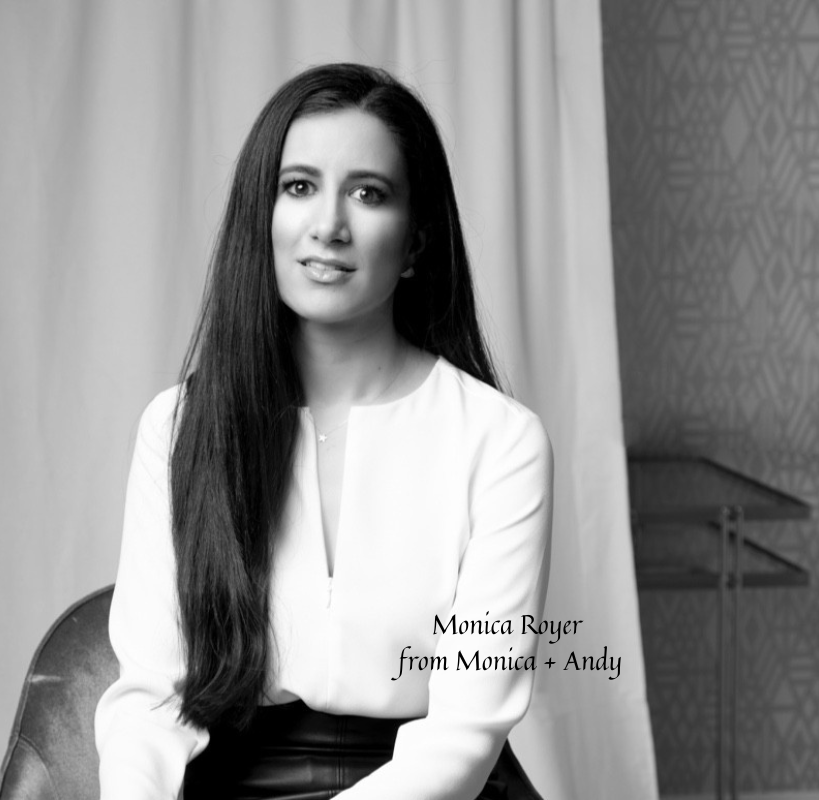When the Supreme Court overturned Roe v Wade, many Silicon Valley tech giants were among the first to pledge assistance to employees requiring abortion access in restricted states. This is firmly in keeping with the Valley’s stance on many key issues – support for immigration and LGBTQ rights, opposition to abortion restrictions and the death penalty, and low scores on racial resentment.
According to a Stanford University study, billionaire tech entrepreneurs barring a few notable exceptions have strongly left-leaning views on most of these subjects. And their employees are no different, supporting Democrats and other progressive political causes in overwhelming numbers, according to Wired.com.
And yet, despite being an ostensible bastion of progressivism and inclusivity, the SF Bay Area is not very kind to women. Although the gender pay gap narrowed considerably in the last decade and is now close to parity, women still find it hard to succeed in entrepreneurial roles.
A story that has remained unchanged since the 1950s
In 2013, startups founded by women received $1.5 billion from VCs. It was just 3% of the total available capital, which stood at more than $51 billion. That share has historically never gone above 4% since the 1950s, according to a landmark 2014 report on the gender gap in VC (PDF link) by the Diana Project at Babson College.
And that figure has remained largely the same or has grown even worse as we head into the 2020s. In the first half of 2021 alone, SF bay area startups were given a historic $137 billion by VCs. Female entrepreneurs received a measly 2% of that. This was the smallest percentage recorded since 2016, according to Pitchbook.
A 2019 study by RateMyInvestor (PDF link) explored publicly available data on VC-funded deals since 2014 and talked with over 10,000 founders. Their main finding – 77.1% of founders are white and the overwhelming majority of them are males. Nearly 75% of all VC firms still don’t have any women partners, a shocking state of affairs that has not improved in the pandemic years.
The importance of the “right connections”
Against the backdrop of the #MeToo movement in 2017 and 2018, a series of revelations about deep-rooted sexism and “bro culture” created an upheaval among Silicon Valley firms and VCs. While the subsequent outrage led to some attempt at positive change, it has so far remained minimal.
Bro culture remains rampant in the tech ecosystem. Companies continue to get sued for gender discrimination, while stories of sexual harassment of female employees remain rampant. Tech leadership remains firmly entrenched among male-only networks, like the infamous “Paypal Mafia.”
“There’s definitely a boys’ club that still exists,” says Taryn Langer, co-founder of Moxie Communications Group. According to her, women entrepreneurs in Silicon Valley are at a significant disadvantage due to their gender, as they lack access to such “deep, durable male networks.”
The way forward for women entrepreneurs in Silicon Valley
Some women CEOs manage to overcome that hurdle due to familial connections. Monica Royer, the successful founder of Monica + Andy, a baby clothes startup received help from her brother Andy, the millionaire founder of the men’s clothes startup Bonobo.
“I had a front-row seat to see what Andy had done as a pioneer for digitally native clothing brands and saw how he built a completely new marketplace,” says Royer. “He advised me along the way and introduced me to his network of retail experts.”
But not everyone can bank on a rich, connected family member to guide their way through the Byzantine networks of SF bay area VCs. With more than 75% of VC firms still dominated by men at senior levels, it comes as no surprise that women are looking at alternatives.
Adriana Gascoigne founded Girls in Tech to create networking opportunities for women not just in Silicon Valley, but across the globe. The organization under her stewardship has spread to over 42 countries and has 80,000 members.
Backstage Capital is a VC firm focusing on women entrepreneurs and founders from other underrepresented demographics like BIPOC and LGBTQ. To date, the VC fund has invested in over 200 start-ups led by underrepresented founders in Silicon Valley. These are positive signs, but more needs to be done.
Above all VCs need to realize the severe disadvantage of having a homogenous leadership group. Startups with at least one female founder generate over 60% more value on the business. VC firms with diverse leadership teams generate 30% higher multiples on invested capital.
Those are some startling and compelling numbers that show you the importance of gender equality and inclusivity in business.













